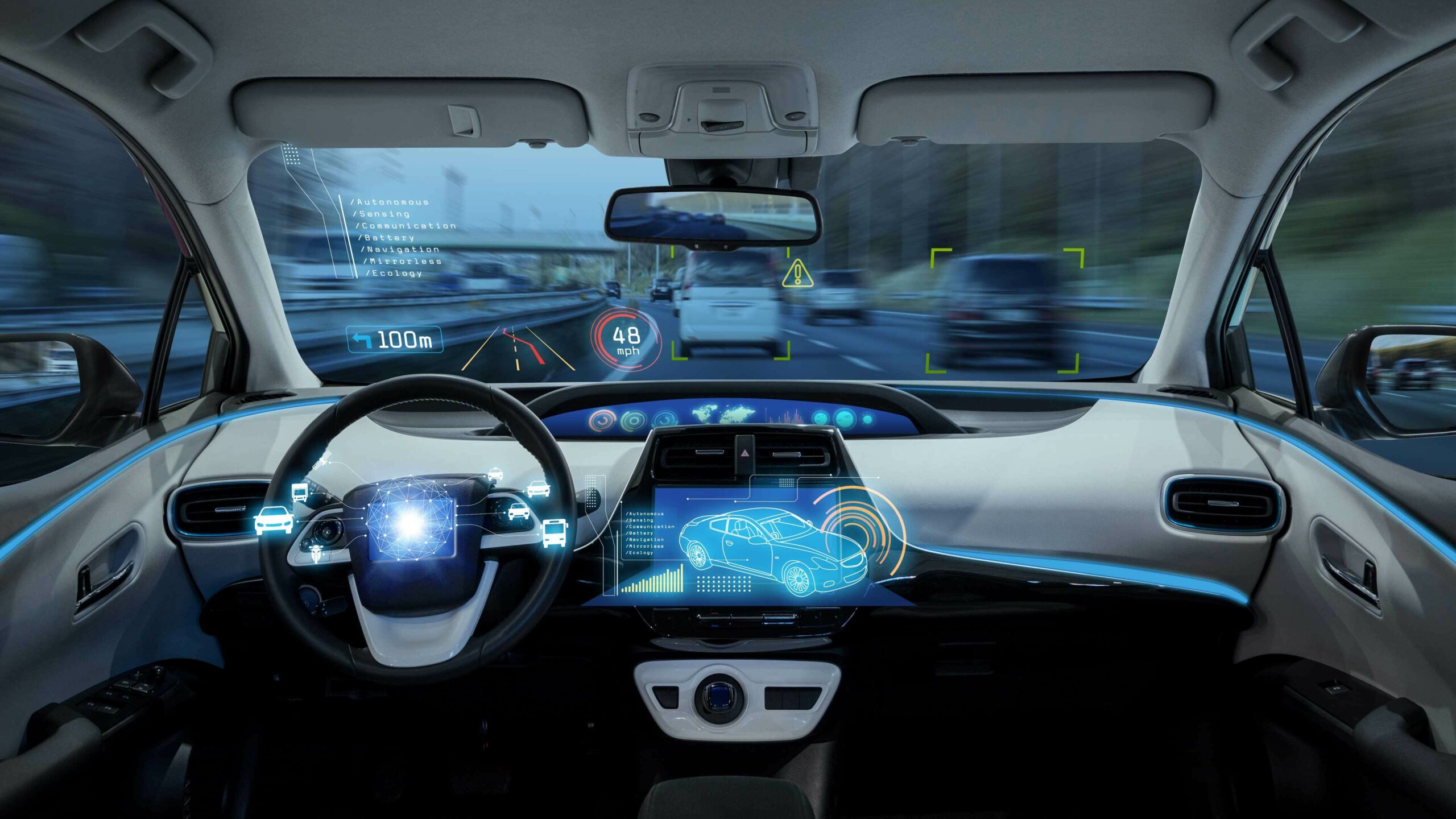
By Karen Hayes
Driverless cars, also known as autonomous vehicles, are rapidly emerging as a disruptive technology that has the potential to revolutionise the transportation industry. As these vehicles become more advanced and widespread, it is crucial to understand the legal framework surrounding their operation in the United Kingdom. Brain injury solicitor Karen Hayes explores the current legal position for driverless cars in the UK and considers key aspects of the debate, including liability, regulation, and the future of autonomous vehicles.
Liability & Responsibility
One of the primary concerns with driverless cars is determining liability in the event of an accident. Currently, under UK law the driver or operator of a vehicle is responsible for any accident or damages that occur. However, with autonomous vehicles, where there may not be a human driver in control, the question arises as to who should be held liable. The UK government has acknowledged this challenge and is considering the introduction of a new framework that includes a system of strict liability, making it easier to determine responsibility in accidents involving autonomous vehicles.
Regulatory Framework
To facilitate the safe deployment and operation of driverless cars, the UK government has been actively developing a regulatory framework. In 2021, the Department for Transport (DfT) released the “Code of Practice: Automated Vehicle Trialling”, which provides guidelines and recommendations for those conducting trials of autonomous vehicles on public roads. The DfT is also working on the Automated Lane Keeping System (ALKS) regulations, which would allow the use of automated systems for driving on motorways in specific circumstances. A full regulatory framework is expected by 2025.
Data Protection and Privacy
Driverless cars generate a vast amount of data, including location information, vehicle performance data, personal data, and performance data about passengers. Ensuring data protection and privacy is a crucial aspect of the legal position regarding autonomous vehicles. The UK already has comprehensive data protection laws in place, including the General Data Protection Regulation (GDPR), which sets strict rules for collection, storage, and use of personal data. It is essential for manufacturers and service providers to comply with these regulations and prioritise data security to maintain public trust.
Insurance and Product Liability
With the introduction of autonomous vehicles, the insurance industry will face significant changes. Traditional motor insurance policies are based on the assumption that human drivers are responsible for accidents. However, with driverless cars, the focus shifts towards product liability, where the manufacturers or technology providers may assume a greater share of the responsibility. The insurance industry is adapting to these changes, and some insurers have started offering specialised policies for autonomous vehicles.
Public Perception and Acceptance
While the legal framework continues to evolve, public perception and acceptance of driverless cars play a vital role in their widespread adoption. The UK government has been investing in public trials and demonstrations to increase awareness and understanding of autonomous vehicles. Building public trust through transparency and open dialogue about the technology’s benefits and potential risks is crucial for its successful integration into society.
Legal precedents and legislation
Coulthursts is aware that driverless cars are a relatively new phenomenon in which the technology is developing and improving, as is the legal landscape. At the moment, there is a lack of legal precedent and comprehensive legislation to address the liability issues that can occur as a result of an accident. The Courts will have a difficult job in interpreting existing laws and will need to establish new legal standards. They will also need to consider the interplay between different types of vehicles to determine the responsibilities and liabilities of each party in an accident involving both human-operated and autonomous vehicles.
Overall, this is a complex, evolving area of law which will inevitably have significant ramifications for road users who are seeking compensation after sustaining a Traumatic Brain Injury (TBI). By instructing Coulthursts, you are ensuring you get the best up to date advice to deal with your Road Traffic Accident (RTA) claim, whether caused by a human or by driverless technology.
For our terms of use and disclaimer follow this link: https://coulthursts.co.uk/
